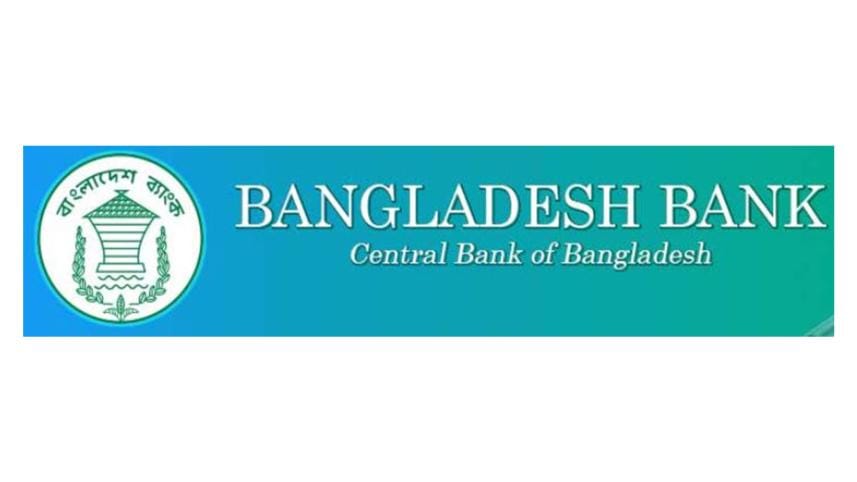Govt keeps borrowing big amounts from BB

The government has kept borrowing a hefty amount of funds from the Bangladesh Bank as commercial banks are unable to meet the financing requirement of the state because of the liquidity crunch.
Between July 1 and May 10 this fiscal year, the government borrowed Tk 67,906 crore from the central bank, BB data showed. It borrowed Tk 31,403 crore from the BB in the entire previous fiscal year.
"Borrowing from the central bank means an injection of money into the market," said Ahsan H Mansur, executive director of the Policy Research Institute of Bangladesh.
"It will put an adverse impact on inflation and the balance of payments (BoP)."
Owing to the fund injection, the volume of notes and coins in circulation is increasing. In Bangladesh, this money can multiply by as much as five times, according to a number of central bankers.
"So, the Tk 67,906 crore borrowed by the government may end up being Tk 339,530 crore. The extra money in the hands of people will create additional demand for goods, which, will in turn drive up prices," Mansur said.
Inflation fell slightly to 9.24 per cent in April after the Consumer Price Index jumped to a seven-month high of 9.33 per cent in March. It was 6.17 per cent in February last year.
The injection of a large amount of money will also bring about a negative impact for the BoP, said Mansur, also a former official of the International Monetary Fund.
If money circulation rises, the demand for goods and services goes up, which pushes up imports, he said.
The country has been facing a downward trend in foreign exchange reserves for the last several months as export and remittance earnings are failing to offset the surge in import bills, driven by the higher global commodity prices.
"An increase in imports means the reserves will face further pressure," Mansur said.
The reserves stood at $30.34 billion last week in contrast to $42.20 billion in May last year, a decrease of 28 per cent year-on-year.
The government took on Tk 10,654 crore in loans from commercial banks between July 1 and May 10, sending its overall borrowing from the banking source to Tk 78,560 crore. The borrowing target for FY23 is Tk 106,334 crore.
The borrowing is expected to go up in the last two months of the fiscal year as the government would have to raise expenditures in order to implement its development and revenue programmes.




 For all latest news, follow The Daily Star's Google News channel.
For all latest news, follow The Daily Star's Google News channel.
Comments